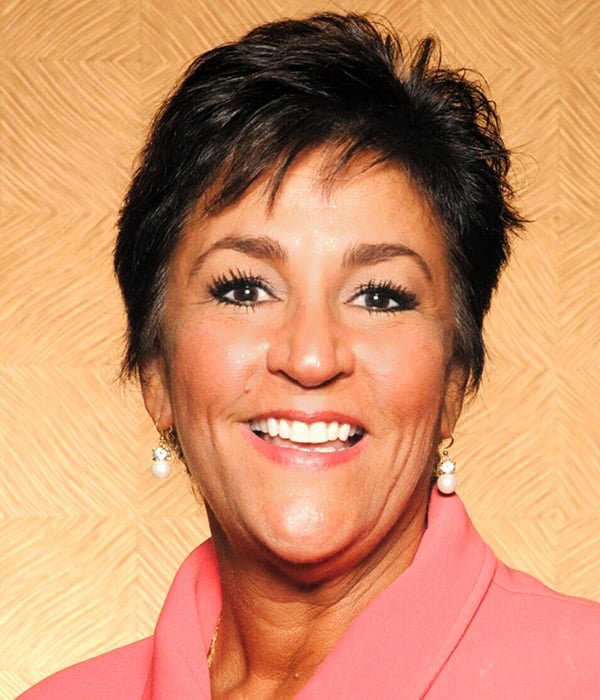While it may seem that every week is dedicated to something in healthcare, Mother’s Day kicks off Women’s Health Week. Women’s Health Week recognizes the importance for women and girls to make their health a priority. Women’s health includes family planning, sexually transmitted infections, pregnancies, birth, breast cancer, cervical cancer, and menopause. But it is so much more. Hypertension, diabetes, and other chronic health conditions may be ignored as they are many times focused on caring for others. They may be caring for their children as well as aging parents. This week highlights the importance of self-care like exercise, diet, getting enough sleep, and managing stress.
As healthcare providers to women, we need to remember that women are vital in maintaining healthy families, both for themselves and on behalf of their children. Women utilize the health system more than men. Women are responsible for family planning, pregnancy and birth, a significant health event, then typically become their child’s primary caregiver, a role that greatly influences household health overall. Senior living and long-term care issues affect women more often as they live longer, have higher rates of disability and chronic health problems, and lower incomes than men on average. This puts them in greater need for state and community resources, such as Medicaid.
This gives us a reminder to reach out to our female patients and remind them that even through Covid, we need to continue to assess cervical and breast cancer, manage hypertension, diabetes and high cholesterol and maintain other vaccines. Research shows that if the mother gets her Covid 19 vaccine the rest of the family, including extended family, will become vaccinated.
I challenge you to find ways to reach out to the women on your panel, send them a EMR note or a call, a waiting room reminder, or simple acknowledgment that you celebrate women and wish them all a Happy Women’s Health Week.
